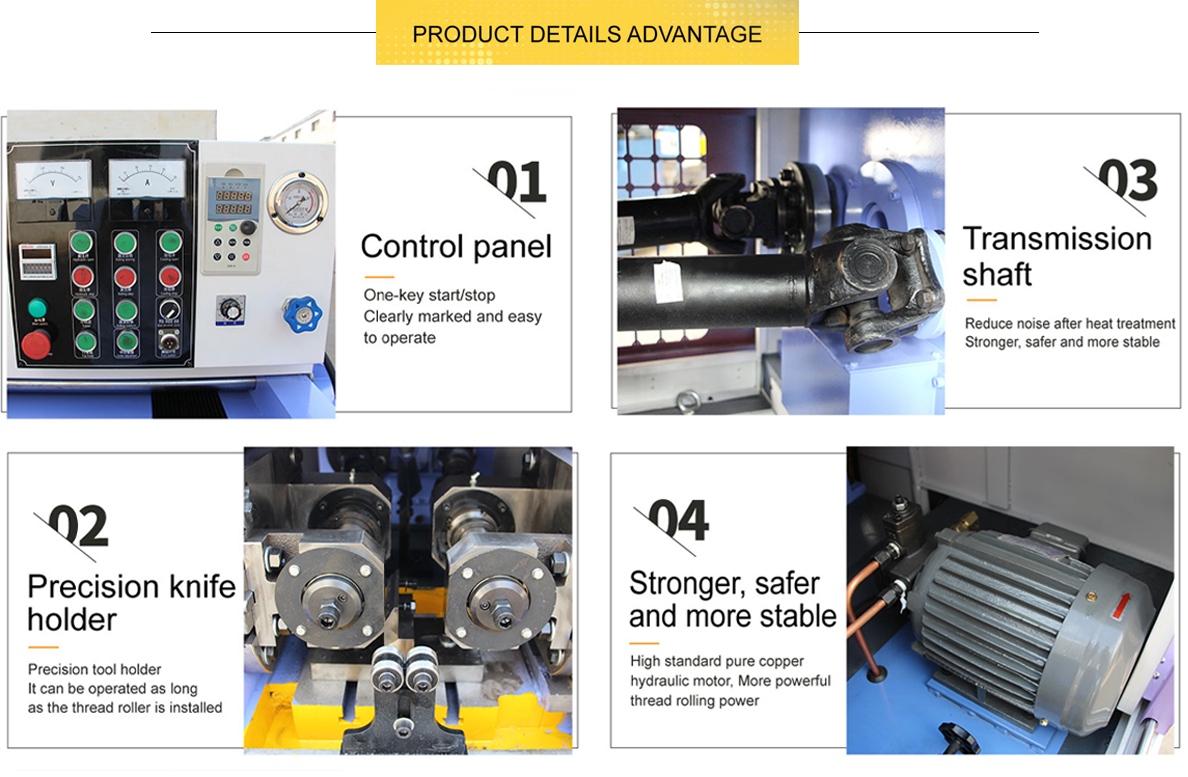
-
 Afrikaans
Afrikaans -
 Albanian
Albanian -
 Amharic
Amharic -
 Arabic
Arabic -
 Armenian
Armenian -
 Azerbaijani
Azerbaijani -
 Basque
Basque -
 Belarusian
Belarusian -
 Bengali
Bengali -
 Bosnian
Bosnian -
 Bulgarian
Bulgarian -
 Catalan
Catalan -
 Cebuano
Cebuano -
 Corsican
Corsican -
 Croatian
Croatian -
 Czech
Czech -
 Danish
Danish -
 Dutch
Dutch -
 English
English -
 Esperanto
Esperanto -
 Estonian
Estonian -
 Finnish
Finnish -
 French
French -
 Frisian
Frisian -
 Galician
Galician -
 Georgian
Georgian -
 German
German -
 Greek
Greek -
 Gujarati
Gujarati -
 Haitian Creole
Haitian Creole -
 hausa
hausa -
 hawaiian
hawaiian -
 Hebrew
Hebrew -
 Hindi
Hindi -
 Miao
Miao -
 Hungarian
Hungarian -
 Icelandic
Icelandic -
 igbo
igbo -
 Indonesian
Indonesian -
 irish
irish -
 Italian
Italian -
 Japanese
Japanese -
 Javanese
Javanese -
 Kannada
Kannada -
 kazakh
kazakh -
 Khmer
Khmer -
 Rwandese
Rwandese -
 Korean
Korean -
 Kurdish
Kurdish -
 Kyrgyz
Kyrgyz -
 Lao
Lao -
 Latin
Latin -
 Latvian
Latvian -
 Lithuanian
Lithuanian -
 Luxembourgish
Luxembourgish -
 Macedonian
Macedonian -
 Malgashi
Malgashi -
 Malay
Malay -
 Malayalam
Malayalam -
 Maltese
Maltese -
 Maori
Maori -
 Marathi
Marathi -
 Mongolian
Mongolian -
 Myanmar
Myanmar -
 Nepali
Nepali -
 Norwegian
Norwegian -
 Norwegian
Norwegian -
 Occitan
Occitan -
 Pashto
Pashto -
 Persian
Persian -
 Polish
Polish -
 Portuguese
Portuguese -
 Punjabi
Punjabi -
 Romanian
Romanian -
 Russian
Russian -
 Samoan
Samoan -
 Scottish Gaelic
Scottish Gaelic -
 Serbian
Serbian -
 Sesotho
Sesotho -
 Shona
Shona -
 Sindhi
Sindhi -
 Sinhala
Sinhala -
 Slovak
Slovak -
 Slovenian
Slovenian -
 Somali
Somali -
 Spanish
Spanish -
 Sundanese
Sundanese -
 Swahili
Swahili -
 Swedish
Swedish -
 Tagalog
Tagalog -
 Tajik
Tajik -
 Tamil
Tamil -
 Tatar
Tatar -
 Telugu
Telugu -
 Thai
Thai -
 Turkish
Turkish -
 Turkmen
Turkmen -
 Ukrainian
Ukrainian -
 Urdu
Urdu -
 Uighur
Uighur -
 Uzbek
Uzbek -
 Vietnamese
Vietnamese -
 Welsh
Welsh -
 Bantu
Bantu -
 Yiddish
Yiddish -
 Yoruba
Yoruba -
 Zulu
Zulu
Innovative Bolt Thread Rolling Machinery for Efficient Fastening Solutions
The Role of Bolt Thread Rolling Machines in Manufacturing
In the modern manufacturing landscape, the need for precision, efficiency, and consistency is paramount. One critical component that often gets overlooked is the machinery involved in the production of fasteners, such as bolts. Among these machines, the bolt thread rolling machine stands out due to its ability to produce high-quality threaded components with exceptional speed and accuracy.
Understanding Thread Rolling
Thread rolling is a cold-forming process that involves forging threads onto a workpiece by passing it between two dies. Unlike cutting methods that remove material to create threads, thread rolling displaces the material, resulting in enhanced strength and fatigue resistance. The process not only optimizes the physical properties of the bolts but also minimizes waste and saves energy, making it an environmentally friendly option.
The Mechanism of Bolt Thread Rolling Machines
Bolt thread rolling machines are designed with precision engineering, incorporating advanced technology to achieve optimal performance. These machines come in various configurations, including flat and cylindrical thread rolling machines, each suited for different types of bolts. The choice of machine depends on factors such as the size of the bolt, the type of thread required, and the production volume.
Typically, a bolt thread rolling machine consists of a hydraulic or mechanical press, two vertically positioned dies, and a feeding mechanism. The process begins with the blank bolt being fed between the dies. As the machine operates, the dies move together to form the threads through a series of carefully controlled rotations. This not only shapes the bolt but also ensures that the threads are consistent and adhere to industry standards.
Advantages of Bolt Thread Rolling Machines
bolt thread rolling machine

The use of bolt thread rolling machines offers numerous advantages. Firstly, the cold-forming process maintains the integrity of the material, which leads to a stronger final product. Unlike traditional machining methods, which can introduce weak points, thread rolling retains the internal structure of the metal, resulting in superior fatigue resistance.
Secondly, production efficiency is greatly enhanced. Bolt thread rolling machines can operate at high speeds, producing thousands of bolts per hour. This efficiency reduces labor costs and allows manufacturers to meet high demand without sacrificing quality. Furthermore, the process is highly automated, reducing the likelihood of human error.
Thirdly, bolt thread rolling machines contribute to sustainability. The minimal waste produced in the thread rolling process, combined with lower energy consumption compared to cutting processes, makes it an attractive option for environmentally conscious manufacturers.
Applications of Bolt Thread Rolling Machines
Bolt thread rolling machines serve various industries, including automotive, aerospace, construction, and manufacturing. They are utilized in the production of a wide range of fasteners, such as screws, nuts, and bolts of different sizes and specifications. Reliable threaded fasteners are critical in many applications, from assembling machinery to constructing buildings, making the role of these machines essential in the supply chain.
Conclusion
In conclusion, bolt thread rolling machines play a pivotal role in the fastener manufacturing sector. They not only enhance the quality and strength of bolts but also improve production efficiency and sustainability. As industries continue to evolve and demand rises for high-quality fasteners, the importance of advanced machinery like bolt thread rolling machines will only grow. Investing in these technologies will ensure that manufacturers can meet the challenges of the future while maintaining the highest standards of quality and performance.
